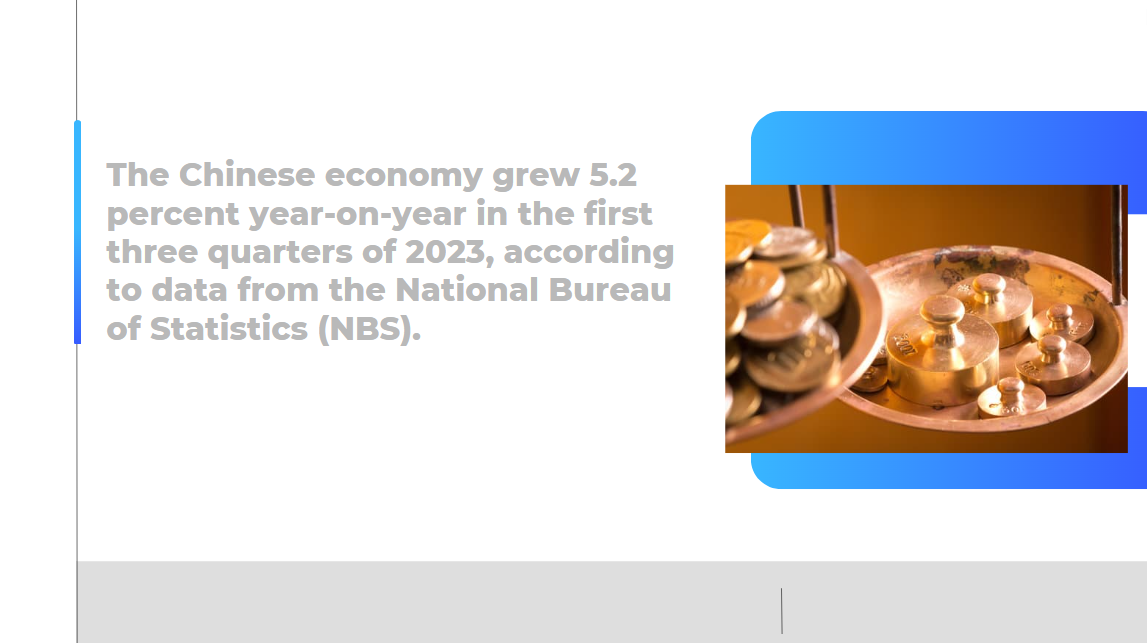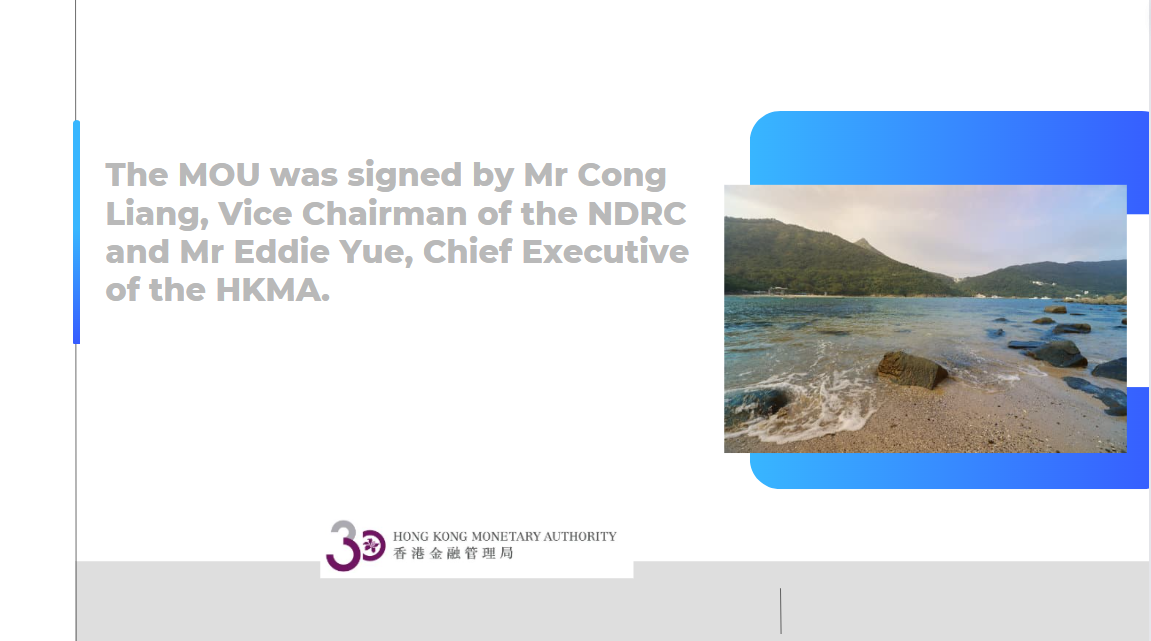Yuan's international payment share hits record high of 3.71% in Sept: SWIFT
The yuan's share of international payments hit a record high of 3.71 percent in September and the currency retained its position as the fifth most active for global payments, data from the SWIFT system showed on Wednesday.
Total payments in yuan increased by 2.77 percent in terms of value compared with the previous month, SWIFT data revealed.
Since the beginning of the year, there have been notable developments in the yuan's internationalization, such as surpassing the euro to become the second-largest currency in Brazil's foreign exchange reserves, Argentina's first-ever use of the yuan to repay foreign debts, and Pakistan's inaugural payment of Russian crude oil expenses in yuan.
The first time that the yuan exceeded the 3 percent benchmark was in January 2022, when it reached 3.2 percent.
The yuan has become the world's fifth-largest currency for reserves, payments and trading, and the third-largest for trade financing. In May 2022, the IMF increased the Chinese currency's weight in the Special Drawing Rights currency basket from 10.9 percent to 12.3 percent.
As China's economic strength steadily grows, its position in global industry and supply chains continues to rise, and the functions of the yuan as an international reserve currency and payment currency continue to strengthen. More and more countries are actively promoting currency arrangements and partnerships with China, experts said.
The latest cases include Chinese company Universal Energy signing a power purchase agreement (PPA) with the government of Uzbekistan settled in yuan, which was announced by the company on Tuesday.
The deal is Uzbekistan's first yuan-settled PPA, marking a great step forward in the exploration of bilateral cross-border yuan settlement, the company said.
In China's own cross-border transactions, the proportion of yuan settlements reached 49 percent in the second quarter, surpassing the US dollar for the first time, according to media reports.
The yuan has seen constantly increasing use scenarios, efficiency and total volume in recent years, Wang Peng, an associate research fellow at the Beijing Academy of Social Sciences, told the Global Times on Thursday.
On the one hand, the yuan's internationalization will facilitate the advance of China's economy and society, help boost the efficiency of its outbound trading, and contribute to the global development of Chinese industries, Wang noted.
On the other hand, it could also improve the trading efficiency of countries or other entities that use the yuan for settlement, and help reduce losses caused by exchange rate fluctuations, according to Wang.
The People's Bank of China, the central bank, has vowed to steadily advance the currency's internationalization and make it more convenient to use in cross-border trade and investment, according to the Xinhua News Agency.
In the process of the yuan's internationalization, China upholds the principle of letting the market be the driver and pursues mutual benefits and win-win cooperation, the central bank said.
With the support of the country's economic and social development, its colossal consumption market, and many good partners in the world, the trend of the yuan's internationalization is unstoppable, Wang said.




















































First, please LoginComment After ~